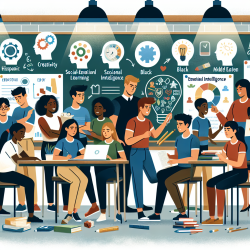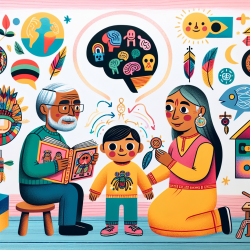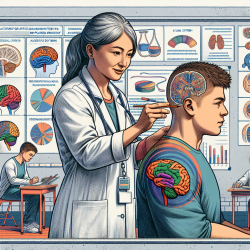Introduction
In an era where the skills of problem-solving, self-management, teamwork, and technology are increasingly valued, educators are tasked with embedding these competencies into their teaching methodologies. The World Economic Forum's Future of Jobs Report underscores this necessity, urging educational systems to prepare students for future workforce demands (Schwab & Zahidi, 2020). A promising initiative in this domain is the inspirED program, which integrates creative problem-solving with emotional intelligence training to foster a positive school climate.
The inspirED Program: A Dual Approach
The inspirED program is a student-led initiative designed for middle and high school students. It empowers them to identify and address issues within their school environment through creative projects. The program is structured around four phases: Assess, Brainstorm, Commit, and Debrief, aligning with the creative problem-solving process. This approach not only enhances students' creative capabilities but also their emotional intelligence, which is crucial for personal and academic success (Hoffmann et al., 2022).
Research Findings: Enhancing School Climate
A study involving 22 schools demonstrated the positive impact of the inspirED program on school climate and student development. Students participating in inspirED reported increased sense of purpose and emotional awareness, while the broader student body observed improvements in teaching quality, school pride, student relationships, and emotional safety. These findings suggest that student-led initiatives can significantly enhance the educational environment (Hoffmann et al., 2022).
Implications for Practitioners
For practitioners seeking to improve their skills and outcomes, the inspirED program offers valuable insights. By fostering an environment where students can lead and innovate, educators can cultivate essential skills that align with future workforce demands. Encouraging further research and implementation of such programs can lead to more profound improvements in school climates and student well-being.
Conclusion
The inspirED program exemplifies how integrating creative problem-solving and emotional intelligence into education can yield significant benefits. As educators and practitioners, embracing such initiatives can empower students, enhance school climates, and prepare young people for future challenges. For those interested in delving deeper into the research behind inspirED, the original study provides comprehensive insights and can be accessed here.










